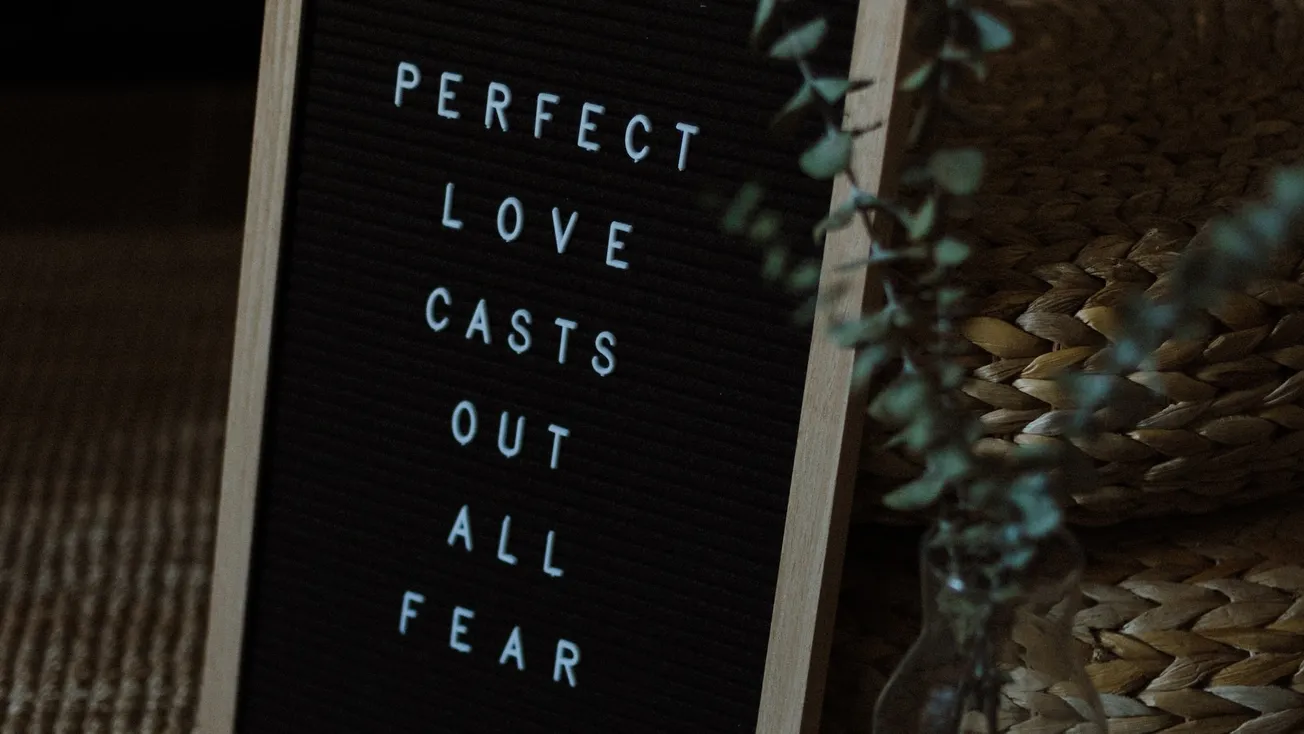Table of Contents
God’s grace to us is not dependent on how much we trust him but whether we trust him. Perfect or imperfect, the quality of our trust/faith is unimportant, so long as we do trust/believe him. The only alternative is to reject him, after all. By faith, we cast ourselves upon the promise of life in Jesus. Unbelief is a refusal to acknowledge what God says is true.
Abraham’s faith was (eventually!) of a quality that he was ‘fully persuaded that God had power to do what he had promised’ (Romans 4:19). But others struggle. The father Jesus meets after the transfiguration believed, but was honest to admit it wasn’t perfect: ‘I believe; help me to overcome my unbelief!’ (Mark 9:24). In neither instance, however, is the ‘amount’ or ‘quality’ of faith key. It was whom they believed – perfectly or imperfectly. Returning to the theme of the above editorial, a minister and writer in New York, Tim Keller, put it like this: ‘It is not the strength of your faith but the object of your faith that actually saves you.’
In the new creation we will no longer struggle with doubt. But until then, doubts will at times beset us. My encouragement is not to be afraid of doubts but rather tackle them head-on.
The first thing we ought to do is make sure our belief is actually what the Scripture says. Doubt can be a good thing in this respect, because it makes us flee back to the Scriptures. We might find our belief was false, and we’d been trusting the wrong thing! How precious was that doubt then, that led us to true belief!
The second thing is to recognise what doubt actually is. Keller puts it very helpfully: ‘All doubts, however sceptical and cynical they may seem, are really a set of alternate beliefs.’ In other words, if I doubt the existence of God, for example, I am in fact weighing up whether the non-existence of God is a better belief to have. Keller continues:
‘My thesis is that if you come to recognise the beliefs on which your doubts about Christianity are based, and if you seek as much proof for those beliefs as you seek from Christians for theirs—you will discover that your doubts are not as solid as they first appeared.’
In other words, when our doubts (ie, alternate beliefs) challenge what we believe, we look for answers (proof). And this can only be a good thing, because it causes us to flee to Scripture, which is by no means afraid to give evidence.









